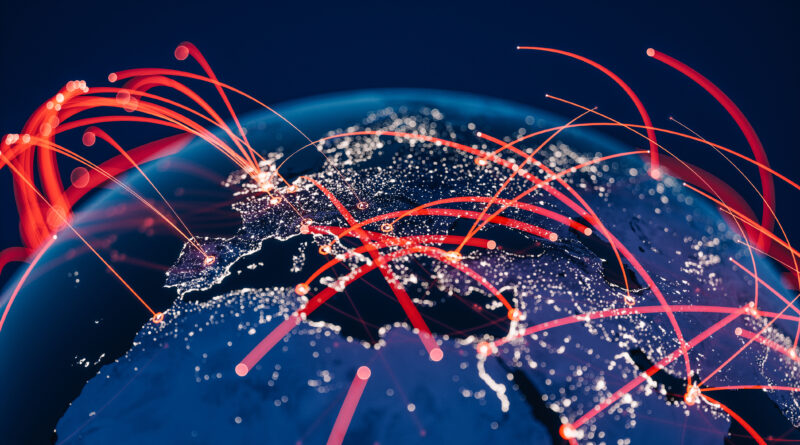Without freedom of opinion, the EU aligns itself with autocratic regimes. Interview with Roberto Vivaldelli and Marcello Foa
The gag of fact-checking and the information crisis The approval of the Digital Services Act seems to have pushed the European Commission to intensify controls on the use of social media, leading to the opening of an investigation into invitation to other platforms.
This legislative intervention can be interpreted as a sign of concern for the quality of online information, but at the same time it raises questions about the limitation of freedom of expression.
It should be noted that, even before these directives, Big Tech already had enormous influence in defining what is and is not acceptable to express online.
This boundless power has often been exercised in ways that raise questions about the political neutrality of the platforms, as demonstrated by investigations in the United States.
This situation creates the fear that European directives, while seeking to place limits on Big Tech, could further strengthen their control, increasing censorship and limiting the diversity of opinions.
The result of this double gag, represented by the growing influence of Big Tech and the new European directives (Media Freedom Act and Digital Services Act), is that democracy itself could be threatened.
Democracy is based on the free circulation of ideas and the open confrontation between different opinions: the reduction of freedom of expression and the further consolidation of the power of Big Tech could put this fundamental principle at risk.
All this occurs in a context of constant decline in newspaper sales and the growth of alternative platforms such as Substack or Rumble, testifying to readers' search for information channels less controlled from above and where free information is preserved.
Roberto Vivaldelli Professional journalist, writer and expert on foreign policy and international relations, he collaborates with various national newspapers.
He wrote two books: Fake News.
Media manipulation and propaganda, from the war in Syria to Russiagate (La Vela, 2017) and Big Tech.
Challenge to democracy (Historica Edizioni, 2023), with preface by Marcello Foa.
He translated Professor John J.
Mearsheimer's essay Back to the Future (La Vela, 2020) into Italian.
Big fan of rock music.
Marcello Foa Marcello Foa is an Italian journalist, blogger and author.
After graduating in political science at the University of Milan, he began his journalistic career for the Gazzetta Ticinese.
In 2004 he founded the European Journalism Observatory with Stephan Russ-Mohl at the faculty of communication sciences of the Università della Svizzera italiana (USI) and began teaching international journalism at the journalism master's degree at the Università Cattolica del Sacro Cuore in Milan.
Former president of Rai, he is host of the Rai Radio 1 programme, Giù la Maschera.
Among his writings we remember, The boy of the lake (Piemme, 2018), The sorcerers of the news.
Second act.
How information is produced at the service of governments (Guerini and Associates, 2018) and The (in)visible system.
Because we are no longer masters of our destiny (Guerini and Associates, 2022).
The interview In this interview, we met Roberto Vivaldelli, author of Big Tech, and Marcello Foa to learn more about the new European directives Media Freedom Act and Digital Services Act and their impact on information and the right to opinion.

